The Benefits of Having a Trust in Minnesota
The Benefits of Having a Trust in Minnesota
Estate planning is an essential aspect of ensuring your assets are protected and distributed according to your wishes after you pass away. One key component of estate planning is creating a trust, which can provide numerous benefits for both you and your loved ones. At Holker Law Offices, PLLC, we assist Minnesota residents with their estate planning needs, including the establishment of trusts. In this blog post, we will discuss the benefits of having a trust in Minnesota and how our team can help you navigate the process.
Avoiding Probate: One of the main benefits of having a trust in Minnesota is that it allows your assets to bypass probate. Probate is the legal process through which a deceased person's assets are distributed to beneficiaries and creditors. By placing your assets in a trust, you can avoid the time-consuming and costly probate process, allowing your loved ones to receive their inheritance more quickly and efficiently.
Privacy Protection: Another advantage of having a trust is the privacy protection it provides. Unlike a will, which becomes public record after probate proceedings, a trust allows for the private distribution of assets without court involvement. This means that details about your estate and beneficiaries can remain confidential, providing peace of mind for you and your family.
Minimizing Estate Taxes: Trusts can also be used as a tool for minimizing estate taxes upon your passing. By strategically structuring your trust, you may be able to reduce or eliminate estate tax liabilities for your beneficiaries. Our experienced attorneys at Holker Law Offices can help you create a trust that maximizes tax savings while still meeting your specific wishes and goals.
Asset Protection: Trusts can also offer asset protection benefits by shielding certain assets from creditors or lawsuits. Depending on the type of trust established, some assets held within the trust may be safeguarded from potential financial risks or claims against you personally. This added layer of protection can provide security for both you during your lifetime and for your beneficiaries after you pass away.
Flexibility and Control: Finally, trusts offer flexibility and control over how and when assets are distributed to beneficiaries. With a well-crafted trust document, you can specify detailed instructions for how you want your assets managed and distributed after your death. This level of control allows you to protect vulnerable beneficiaries who may not be ready to manage their inheritance or ensure that certain conditions must be met before distributions are made.
In conclusion, creating a trust in Minnesota offers numerous benefits that can enhance the efficiency and effectiveness of your estate plan while providing peace of mind for both you and your loved ones. Whether you are looking to avoid probate, protect privacy, minimize taxes, shield assets from creditors, or maintain control over distributions, our team at Holker Law Offices is here to assist with all aspects of trust creation and administration in Minnesota.










